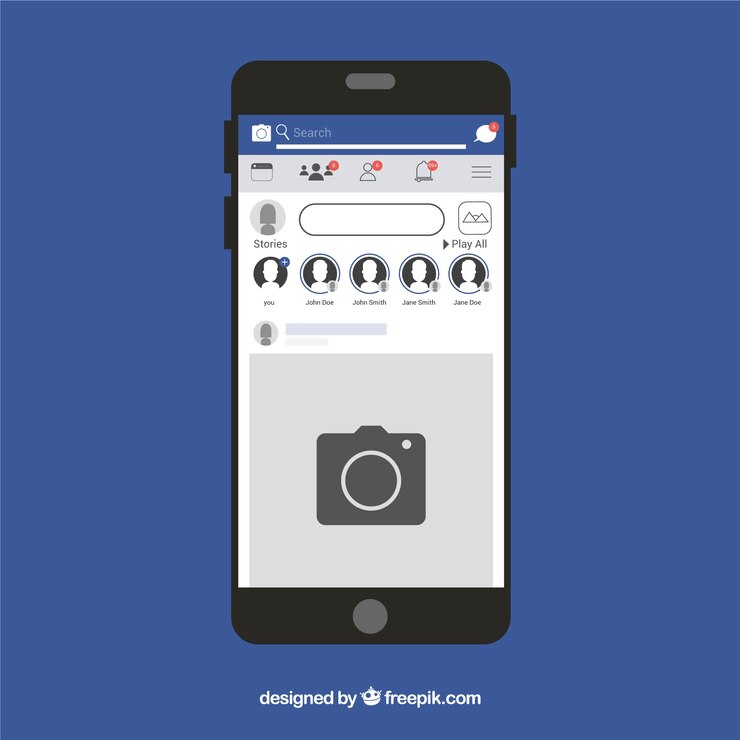Facebook has done an amazing job of connecting people throughout the world. It has gotten to a point where I personally cannot imagine life without it. It’s like everyone’s little ‘chum’, available anywhere at any time. However, because it is so far-reaching, it is capable of causing many problems for those who use it.
Here are some ways that Facebook can get its users into trouble.
You become a joke with your employers
People have a habit of putting a lot of their activities on Facebook. Sometimes, these aren’t things you would want your boss or potential boss to see. However, employers increasingly make a point of checking the social media accounts of employees and especially potential new hires. Embarrassing photos of drunken escapades and profanity-laced comment wars are not going to reflect very positively on a potential employee. It’s always a good idea to clean up one’s Facebook page and set more stringent privacy settings before a big interview, but old posts could still resurface and convince the employer not to offer the job
Infidelity becomes a hobby
On Facebook, it is all too easy to connect with an old flame. Increasingly, couples are experiencing significant discord because one of them begins communicating with an old girlfriend or boyfriend online. It may begin innocently enough, but it doesn’t take much for those conversations to turn excessively intimate or even lead to liaisons. Some may even stay innocent but arouse enough suspicion in the significant other to create a rift. On Facebook, users have instant access to an infinite number of people, and both old flames and new flings can pose a strong threat to a current relationships if they are given too much attention.
Addiction to Games
Facebook offers many different games, and many of them are quite complex. They are designed to suck users in deeper by involving as many of their friends as possible and allowing them to create ever more complex worlds for their characters to inhabit. Games like Farmville have proven so addictive that people will spend nearly every waking hour tending to their make-believe world, pouring hundreds and even thousands of dollars into its upkeep. It can be just as devastating to one’s time and money as a destructive habit such as gambling, and the easy availability of these games makes them all the more insidious
Mental Distress
When people interact with their friends on Facebook, they often get the sense that their friends have better, more fulfilling lives than they do, which can lead to stress and depression. Many people make their lives look more glamorous or enriching on Facebook, so there is a constant comparison to what may not even be real. Another source of mental anguish is the steady parade of news stories describing tragic events both locally and globally. Such extended exposure to unpleasant occurrences can have a detrimental effect on the well-being of the average Facebook user.
A couch potato…
Browsing Facebook is a sedentary activity, especially for those who only do it on their computers as opposed to hand-held devices such as phones. It’s easy to spend hours on the computer browsing through the news feed to see what friends have posted most recently, and all of this sitting can lead to health issues. Every hour spent on Facebook is an hour that could be spent exercising, and this would be better for a person’s physical health. Heart disease, vision problems and blood clots are just three of the many issues that can form as a result of spending too much time sitting and staring at a screen
Offline friends are not ‘friends’ anymore
Some people’s lives revolve around Facebook to a degree that they stop interacting much with people who aren’t on the social media site. If they can’t leave a comment or send a personal message through Facebook, they might not go to the trouble of picking up a phone and calling or sending an e-mail. They can be inclined to forget that certain friends and family members are not on Facebook and expect them to know what’s going on in their lives through the site. This can lead to resentment and fractured friendships. Just because a person is on Facebook, it doesn’t mean that those who haven’t joined should fall completely off their radar
Lie Master!
Before Facebook, it was often easy to tell white lies with little fear of getting caught. However, Facebook makes it much more difficult to cover one’s tracks. For instance, a college student might turn down a date by claiming he has to stay in to study, but later a picture of him at a party surfaces on Facebook. No matter how careful a person is about what he posts, that won’t necessarily stop someone else from tagging him in a picture or status, and that can lead to problems if it contradicts previously stated information.










